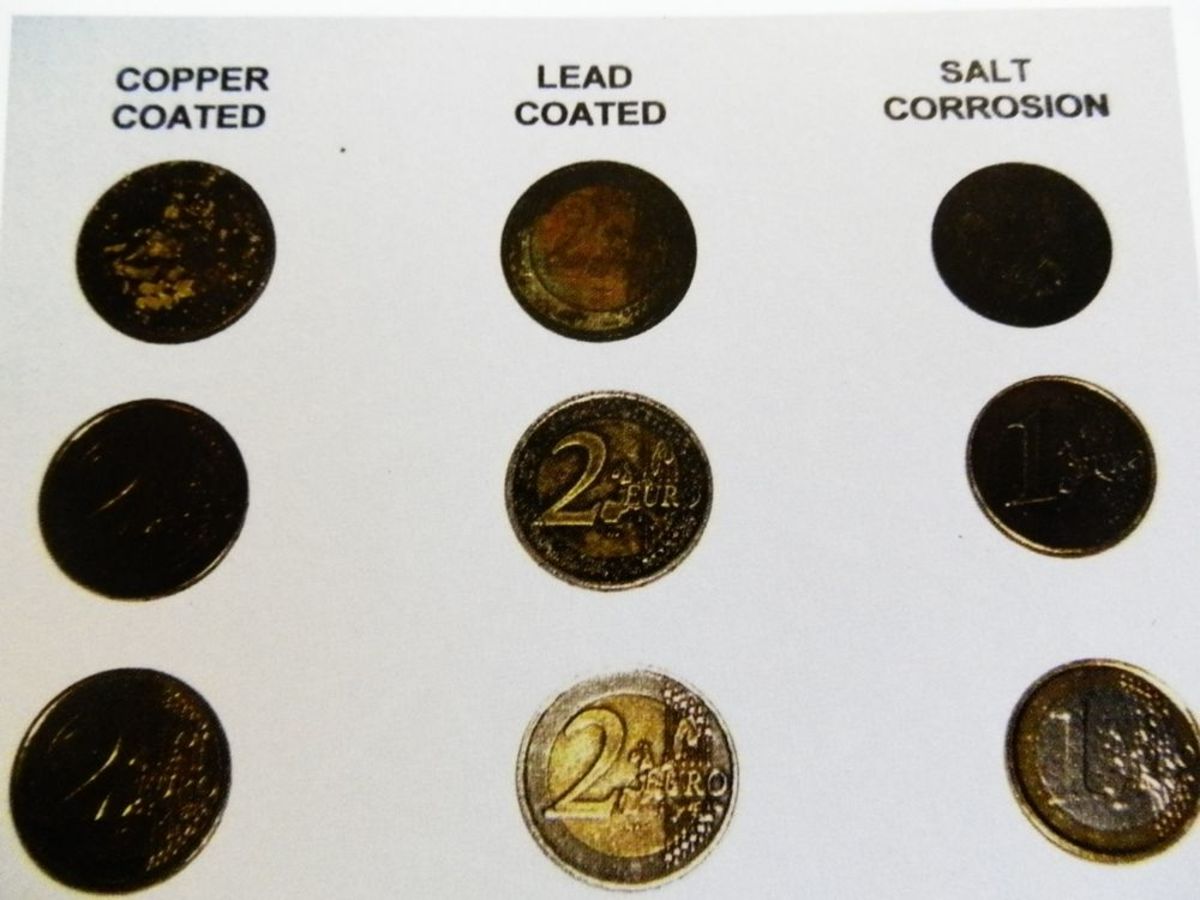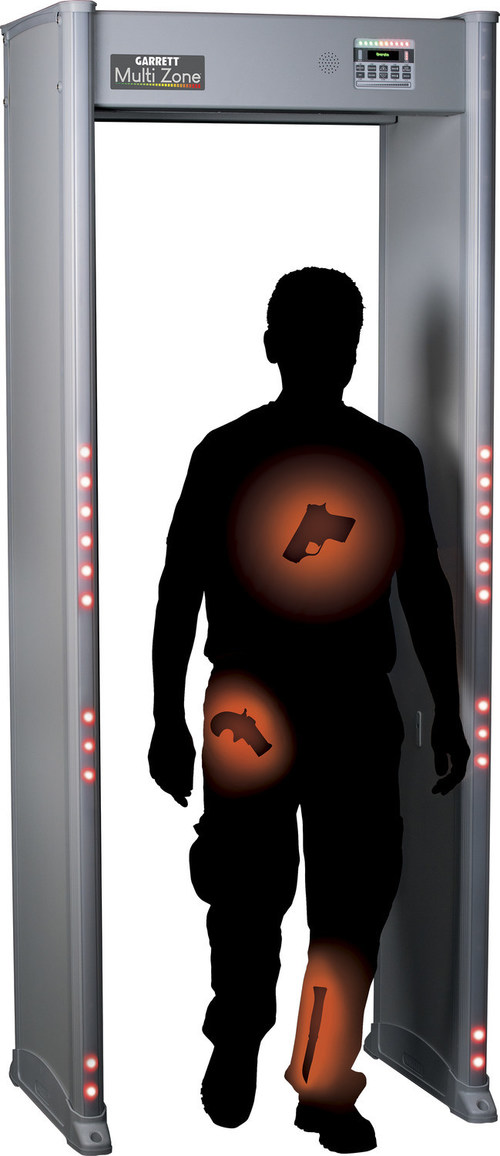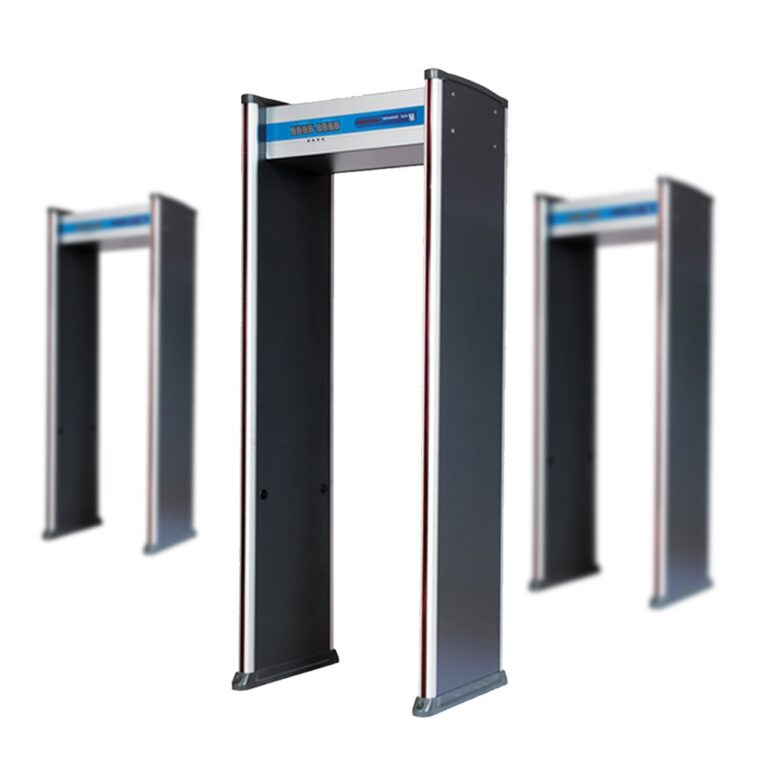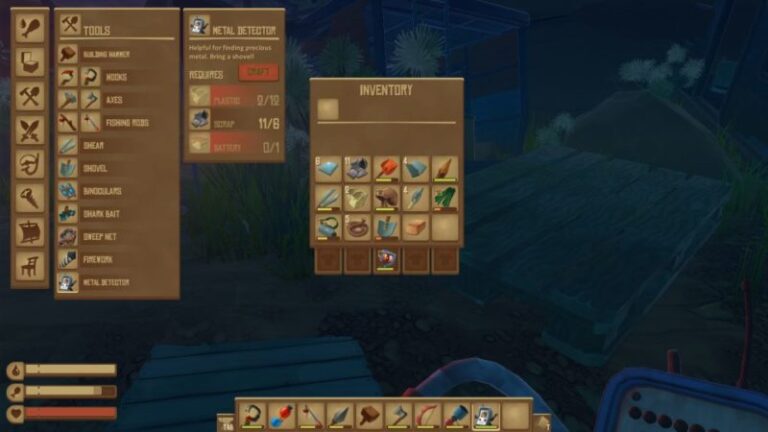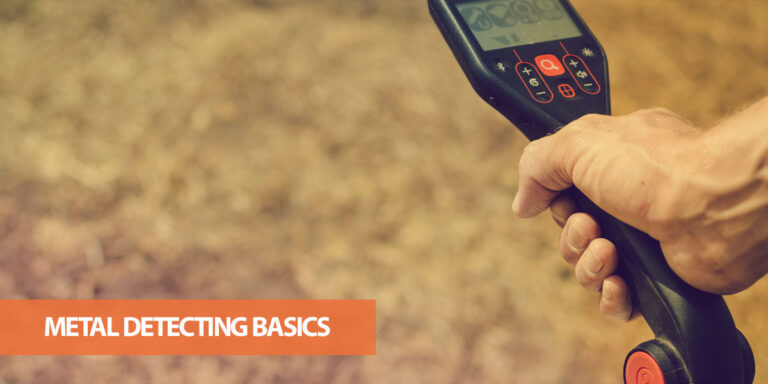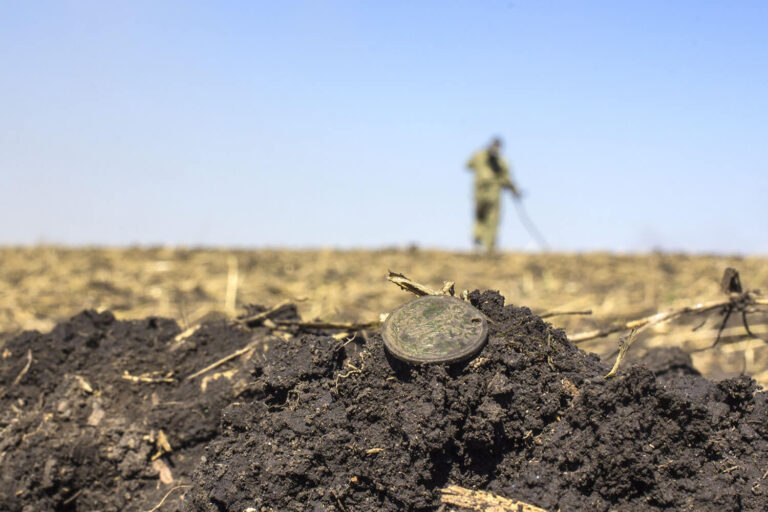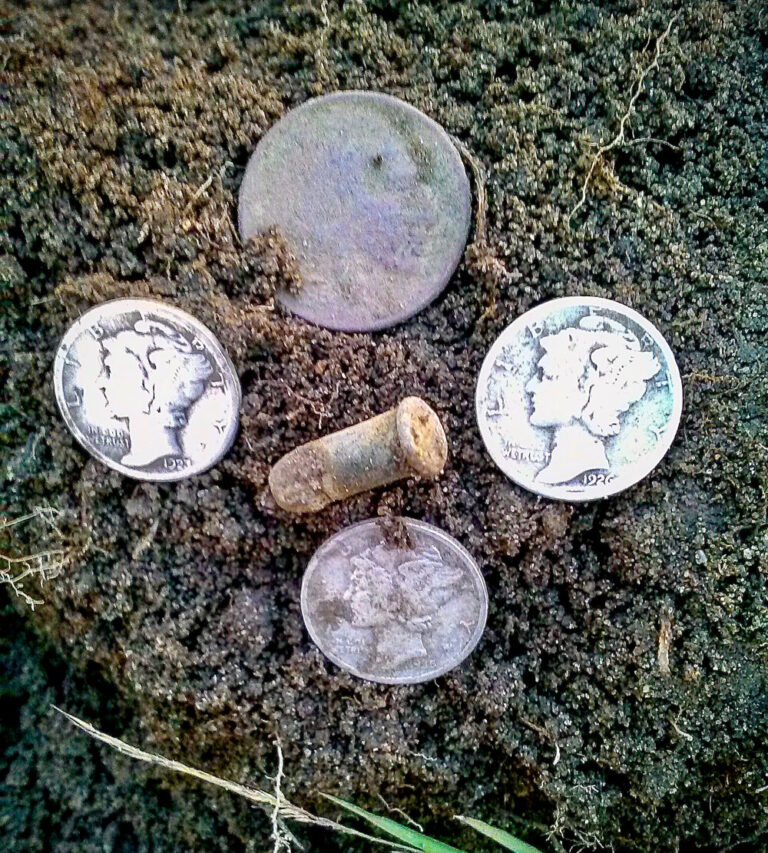How to Clean Metal Detecting Finds
If you’ve ever been on a beach, chances are you’ve seen someone walking around with a metal detector. These devices can find all sorts of things, from lost keys to buried treasure. If you’re lucky enough to find something with your metal detector, you’ll want to clean it off so you can see what it is.
Here’s How to Clean Metal Detecting Finds:
- Rinse your finds in clean water to remove any dirt or debris
- Use a soft brush to scrub away any remaining dirt gently
- Soak your finds in a mild vinegar solution for 10-15 minutes to remove any rust or tarnish
- Rinse your finds again in clean water and dry thoroughly with a soft cloth
How to Clean Metal Detecting Finds
How Do You Clean Metal Detecting Relics?
When it comes to cleaning metal-detecting relics, there are a few different methods that you can use. The most common method is simply using soap and water. You can soak the relic in soapy water or scrub it with a brush.
If the relic is particularly dirty, you may need to use a stronger cleaner such as white vinegar or CLR. Rinse the relic well afterward so no cleaner residue is left behind. Another method for cleaning metal-detecting relics is to use a tumbler.
This is especially effective for removing rust from relics. Place the relic in the tumbler with some steel shot or grit and let it run for a few hours. The steel shot will knock off any rust on the relic’s surface and leave it shiny and new.
Finally, if you want to clean your metal detecting relics, you can take them to a professional jeweler or metal smith. They will have the tools and experience necessary to thoroughly clean your relics without damaging them.
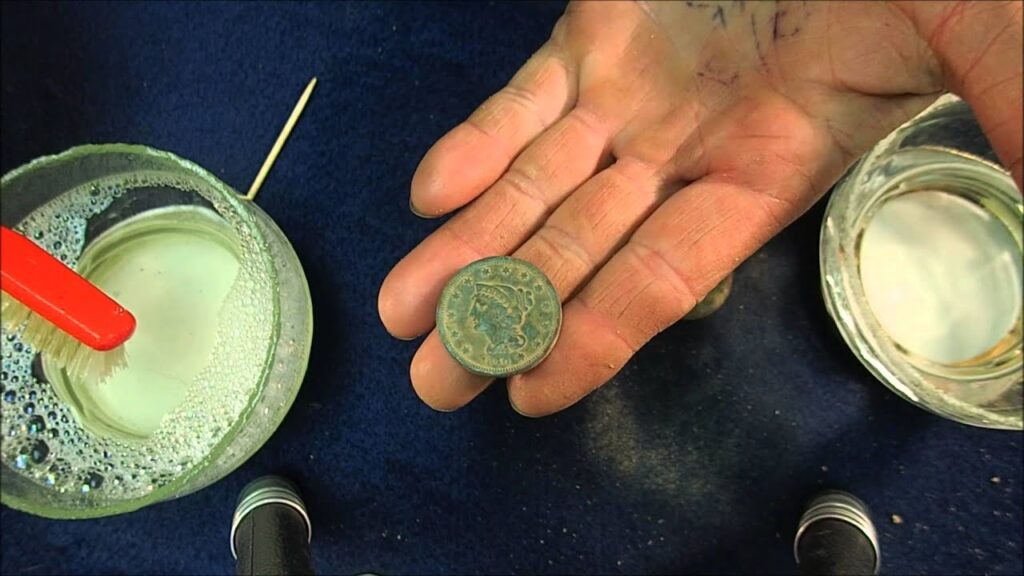
How Do You Clean Metal Detecting?
Assuming you are referring to how to clean metal detectors: Cleaning your metal detector is important for several reasons. First, it will help keep your detector in good working order.
Second, it will help you find more and better targets. Third, it will make the hobby more enjoyable. Here are a few tips on how to clean metal detectors:
- Use a soft brush – A soft brush will remove any dirt or debris from the surface of the detector without damaging it.
- Use compressed air – Compressed air can blow away any dust or sand accumulated on the detecting coils or in other areas of the machine.
- Use a mild soap and water solution – If your detector is dirty, you can use a mild soap and water solution to clean it. Just be sure to rinse the machine thoroughly afterward, so no soap residue is left behind.
- Use rubbing alcohol – Rubbing alcohol can clean the exterior and interior of your metal detector.
How Do You Clean Coins After Metal Detecting?
If you’ve been metal detecting for any time, you’ve probably amassed a collection of coins. While it’s tempting to toss them in a jar and forget about them, taking the time to clean your coins can make a big difference in their value.
Here are some tips on how to clean coins after metal detecting:
- Don’t use harsh chemicals. Many people recommend using vinegar or tomato juice to clean coins, but these can damage the coin’s surface. Stick to mild soap and water instead.
- Use a soft toothbrush. A soft-bristled toothbrush is best for gently scrubbing dirt and grime from coins. Be sure not to use too much pressure, as you don’t want to scratch the coin’s surface.
- Rinse with distilled water. Once you’ve finished cleaning the coin with soap and water, please give it a final rinse with distilled water. This will help remove any residual soap that could damage the coin over time.
- Dry with a soft cloth.
How Do You Clean Lead Metal Detecting Finds?
If you love spending time outdoors looking for hidden treasures with a metal detector, you know the excitement of finding something special. But what do you do when that special something is covered in dirt and grime? Here’s a quick guide on how to clean your lead metal detecting finds, so they’ll be shining like new in no time!
The first step is to remove any loose dirt or debris from the surface of the lead object. This can be done by gently brushing it with a soft-bristled brush or using compressed air to blow away any particles. Once the surface is clean, it’s time to clean the lead.
One popular method is to soak the lead object in a solution of white vinegar and water for several hours (or overnight if it’s particularly dirty). After soaking, rinse off the vinegar solution and dry thoroughly. If you want to take things one step further, you can also polish your lead metal detecting finds using a product like Brasso or another type of metal polish.
Apply a small amount of polish to a soft cloth and rub it onto the surface of the lead object in circular motions until desired results are achieved.
Cleaning Metal Detecting Finds Vinegar
Have you ever gone metal detecting and found some great items, but they were covered in dirt and grime? Vinegar is a great option to clean your finds without damaging them! Vinegar is an acidic liquid that can break down dirt, grime, and rust.
It’s also gentle enough that it won’t damage most metals. To clean your metal detecting finds with vinegar, soak them in a bowl of vinegar for a few hours or overnight. Then, use a soft brush to scrub any remaining dirt or grime.
Rinse the item off with water and dry it completely before storing it. If you’re cleaning coins or other small items, you can add some rice to the bowl of vinegar. The rice will help dislodge any stubborn dirt or grime.
Make sure to rinse the coins well after soaking them in the mixture. So next time you go metal detecting, don’t be afraid to bring home some dirty finds! They’ll be good as new with a little vinegar in no time!
How to Clean Encrusted Coins
If you have a few old, encrusted coins lying around, don’t despair! With a little time and effort, you can clean them up and make them look new again.
Here’s how:
- First, gather your supplies. You’ll need a soft toothbrush, distilled water, dish soap, and white vinegar.
- Soak the coins in distilled water for about 30 minutes to loosen the dirt and grime.
- Mix a dish soap solution and white vinegar (about 1 part vinegar to 3 parts water).
- Use the toothbrush gently to scrub the coins with the soapy mixture. Pay special attention to any areas that are especially dirty or encrusted.
- Rinse the coins with distilled water to remove all traces of soap and vinegar.
Cleaning Iron Relics with Vinegar
Iron relics are a common find on many archaeological sites. While they may look beautiful in their natural state, they can be quite dirty and covered in rust. Vinegar is a great way to clean iron relics and remove any dirt or rust that may be present.
To clean iron relics with vinegar, you will need the following:
-A bottle of white vinegar
-A bowl or container big enough to fit the relic.
-Some old rags or cloths
-gloves (optional) First, ensure your workspace is well-ventilated, as vinegar can be quite smelly.
Next, place the iron relic into the bowl or container and pour vinegar over it until it is completely covered. Allow the relic to soak for at least 30 minutes, longer if it is very dirty or rusty. After soaking, use the old rags or cloths to scrub away any dirt or rust loosened from the relic’s surface.
You may do this several times to get the dirt and rust off. Use a wire brush on tougher areas if you have trouble getting all the rust off. Once you are satisfied with how clean the relic is, rinse it off with water and allow it to dry completely before handling further.
Conclusion
If you’ve been metal detecting for a while, you probably have a good stash of finds. But what do you do with them? This blog post will show you how to clean your finds, so they’re ready to be displayed or used.
First, you’ll want to gather your supplies. You’ll need dish soap, a toothbrush (or other small brush), and a water bowl. If your finds are particularly dirty, you may also need some vinegar.
Once you have your supplies, it’s time to start cleaning! Start by soaking your finds in soapy water. Let them soak for a few minutes before using the brush to scrub away any dirt or grime.
Rinse them off in the bowl of clean water and let them air dry. If your finds still look dull or rusty, try soaking them in vinegar for a few minutes. Then rinse and dry as usual.
This should help bring back their shine!

